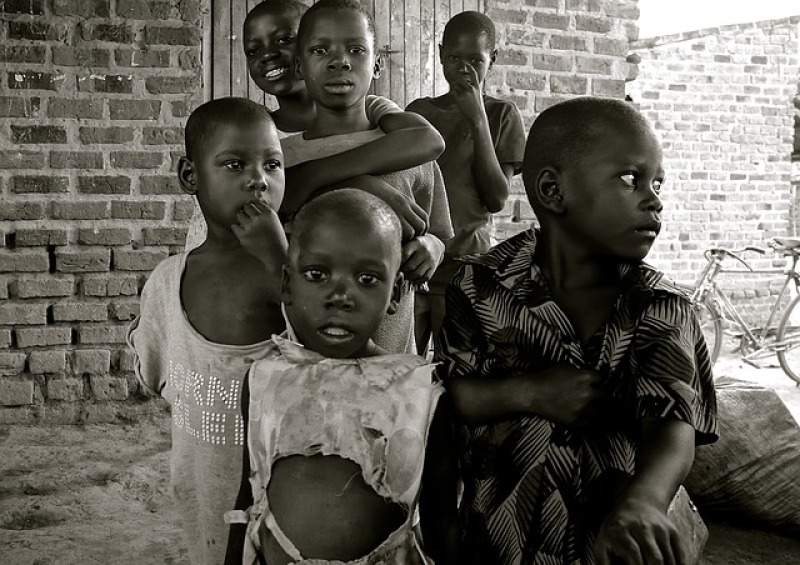
The World Bank warned that if the effects of climate change on the world are not stopped or reversed, then the number of people living in poverty could increase by 100 million in 2030.
The organization then suggested that aside from environmental efforts, other programs must also be enacted in order to curb poverty, Reuters reported.
In a report released by the World Bank, the organization mentioned that as of today, 9.6 percent of the world's population, or roughly 702 million people, are living in poverty. However, due to the effects of climate change, this figure could balloon up to 900 million by 2030.
According to the World Bank, extreme environmental effects such as rising temperatures, increasing sea levels and flash floods affect people living in developing countries the most. These factors can have devastating effects on people's crops, livelihoods, homes and even their properties.
If these effects continue, affected regions will have a hard time recovering and could result in more and more people living below the poverty line.
The World Bank's report also mentioned that unlike those from wealthy backgrounds, the assets of the poor are not insured and many of them are living in home built from very light or weak materials. These almost offer zero protection when a storm or other natural disaster hits their region.
"Climate change hits the poorest the hardest, and out challenge now is to protect tens of millions of people from falling into extreme poverty because of a changing climate," Jim Yong Kim, the president of the World Bank said in a statement.
As one of the solutions to this issue, the World Bank suggested enacting new programs aimed at helping the poor. These include new healthcare systems as well as better housing programs. But, according to the World Bank, organizations should ensure that projects such as housing programs are strong and stable enough to withstand the effects of climate change.
"When we [build] infrastructure, for instance, [we need] to make sure it's in a safe place today but also in a safe place with sea level rise and the change in rainfall and so on," Stephane Hallegate, the co-author of the report and senior economist at the World Bank said according to The Guardian.
Hallegate then warned that if proper steps are not taken as soon as possible, then the problem could worsen in the future.
"We really want to reduce poverty before people get affected by even bigger climate impacts," she said. "It's easier to get people out of extreme poverty now rather than doing it later."

















